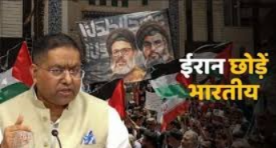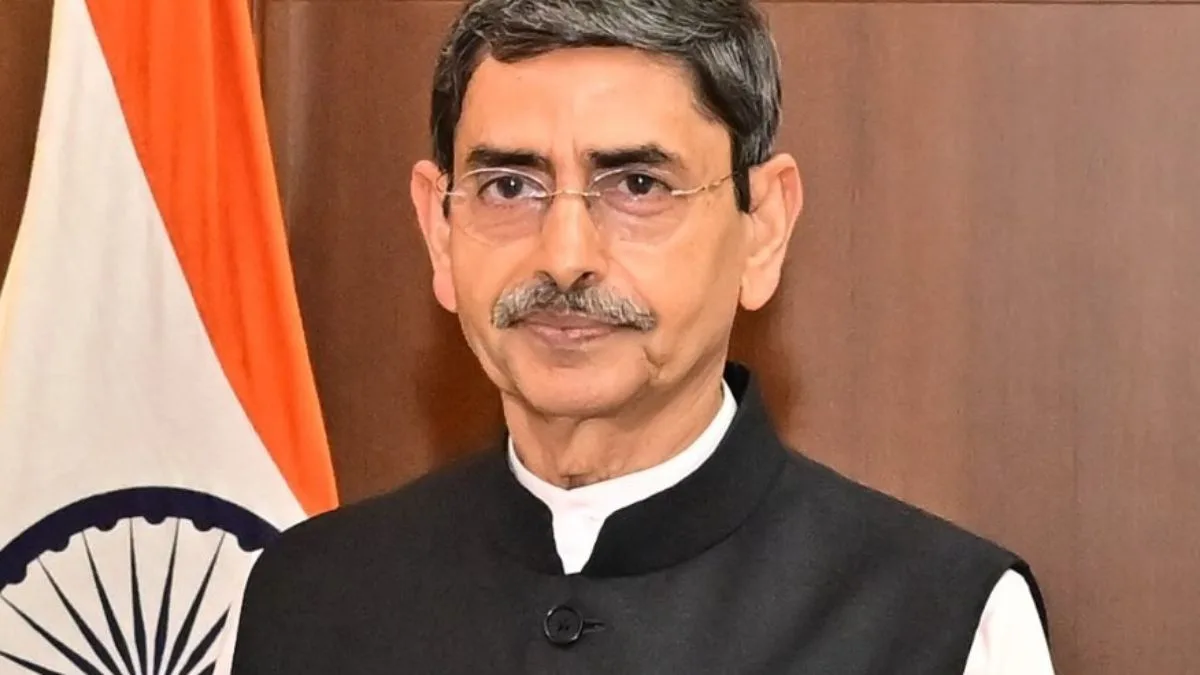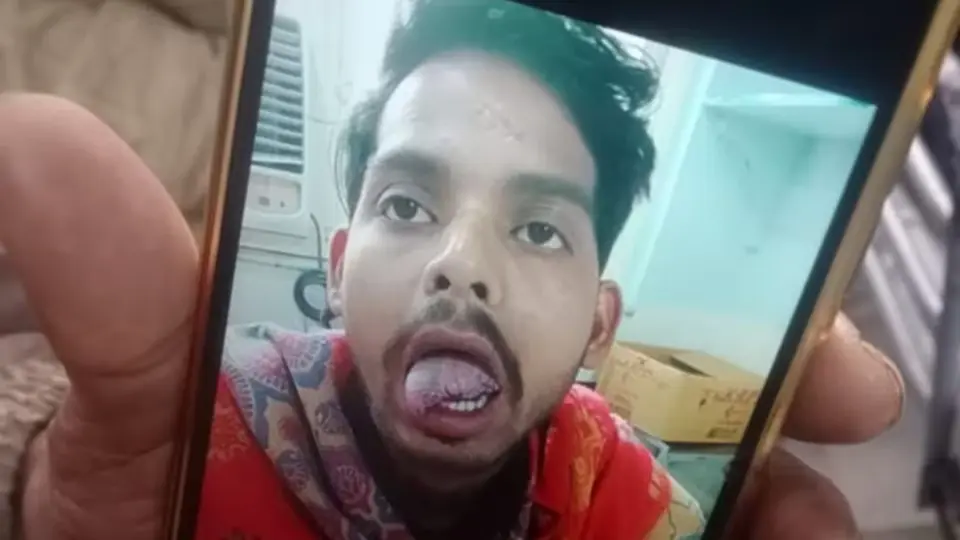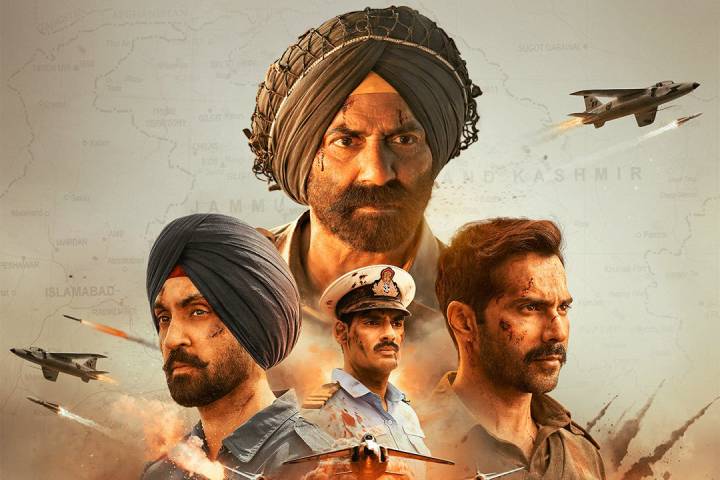‘I Can’t Afford to Save Both Twins’: A Mother Forced into Impossible Choice in War-Torn Sudan
- bykrish rathore
- 16 October, 2025
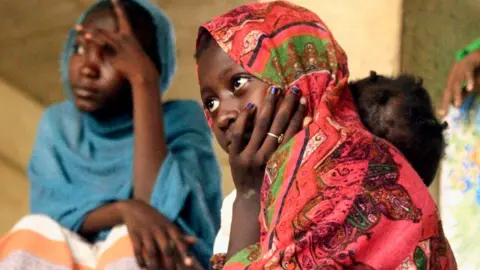
The ongoing conflict in Sudan has torn at the fabric of daily life, but few stories capture its devastation as poignantly as that of a mother forced to choose which of her twin daughters to try to save.
In a landscape where healthcare systems are overwhelmed, families are pushed to impossible moral and financial dilemmas. With medicine, nutrition, and clinical care in short supply, the cost of saving even one child can exceed what most people can manage—so when twins fall ill, the stakes are heartbreakingly steep.
This mother’s decision did not come lightly. Her daughters, born amidst war, both suffer from severe malnutrition and related medical complications. But with medical resources limited—drugs too expensive, appointments too far, clinics inadequately stocked—she found herself in a nightmare: afford treatment for one, or let both decline. Ultimately, she chose to invest scarce funds and effort into the twin she believed had a better chance of survival, knowing the other twin would likely perish without care.
Her story echoes that of many families in Sudan, where conflict has destroyed health infrastructure, disrupted access to food, and pushed large swathes of the population into displacement. The war has triggered widespread shortages of medicines and therapeutic foods. Hospitals have been damaged or rendered inaccessible. Transport and supply chains for humanitarian aid are unreliable. Therefore, parents are left with gut-wrenching trade-offs: to feed or medicate one child at the expense of another, or risk losing both.
Health agencies report that hundreds of thousands of children are suffering from acute malnutrition. Programs like UNICEF’s outpatient therapeutic feeding and ready-to-use therapeutic food (RUTF) have helped many, but demand vastly exceeds supply. Conflict zones, displacement camps, and hostile weather all combine to limit outreach; even when food or medicine is available, some families can’t physically reach facilities or can’t afford associated costs—transport, waiting time, loss of income, corruption or fees.
The emotional toll is immense. Mothers like her are torn by guilt, grief, desperation. They fear what they must do but feel they have no choice. Community health workers often see these scenarios: siblings, twins, close in age—yet one receiving care, the other left behind. Such asymmetry is not a matter of lack of love but of constrained, unbearable reality.
International humanitarian organizations are sounding alarms. They call for increased funding, faster delivery of food and medicine, expansion of field clinics, mobile outreach into remote areas, and policies that mitigate indirect costs of care. They stress that for many, the cost isn’t only direct medical bills—it's transport, missing work, lack of basic supplies. For twins and other high-risk children, early intervention can make all the difference.
This mother’s “impossible choice” is a microcosm of the broader tragedy in Sudan: conflict has not only killed by bullets and bombs, but by hunger, disease, collapsing services, and ethical crises. As long as the war continues, more families will face decisions no parent should ever have to make.
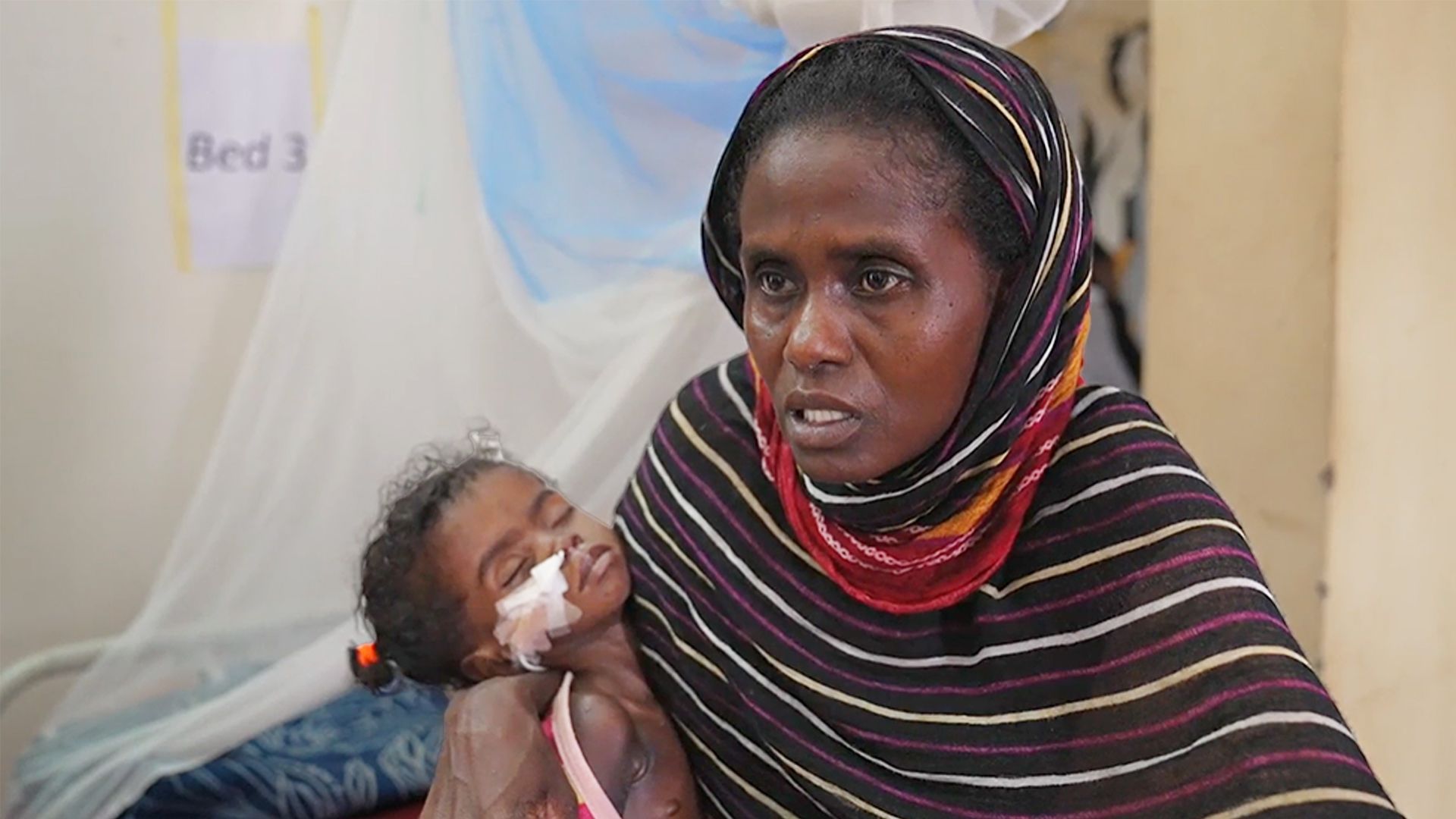
Note: Content and images are for informational use only. For any concerns, contact us at info@rajasthaninews.com.
"Peter Dutton Affirm...
Related Post
Hot Categories
Recent News
Daily Newsletter
Get all the top stories from Blogs to keep track.
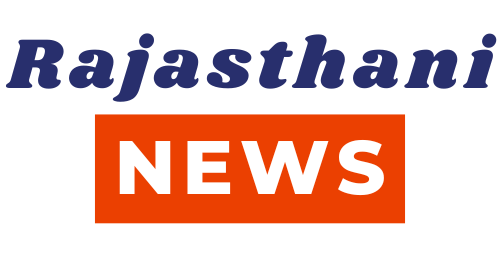


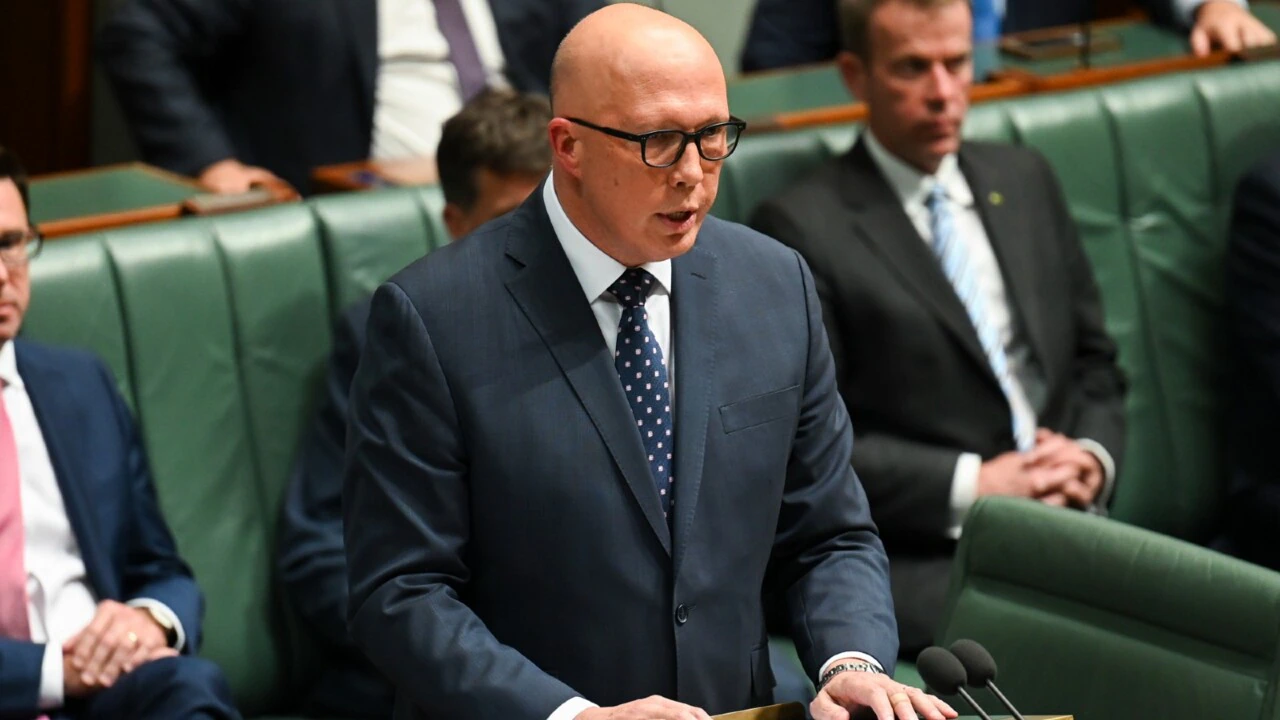
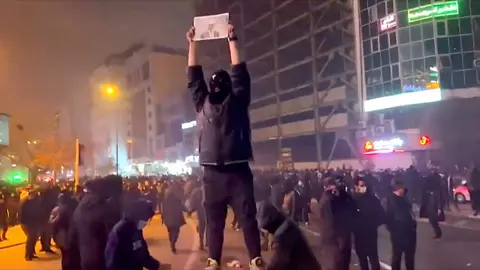
_1768405680.png)
